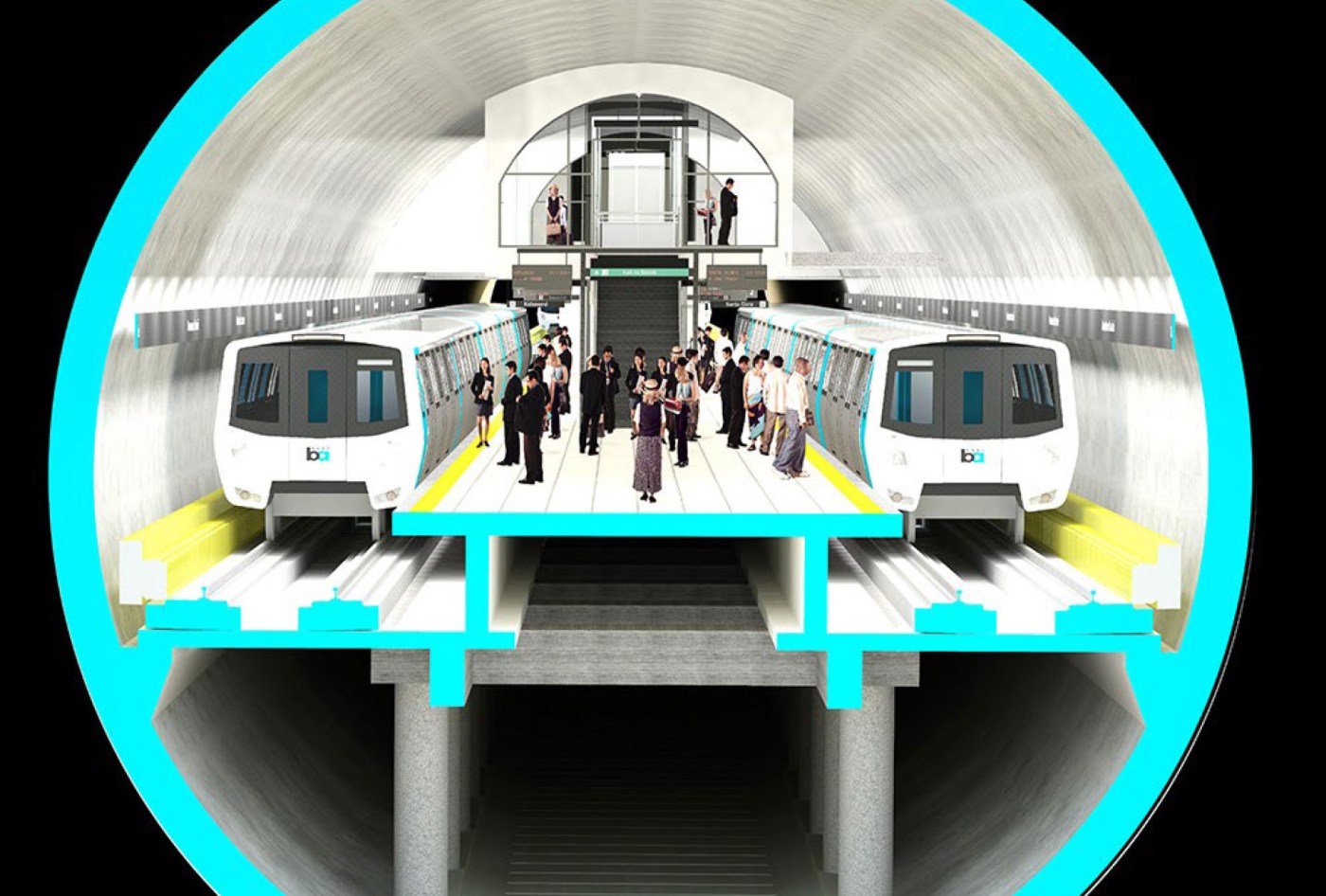
If you were on the Santa Clara Valley Transportation Authority board, would you double down on a $12.75 billion, 6-mile underground BART extension that won’t be completed until 2037 at the earliest — or pivot to a smarter, more affordable and more flexible alternative?
The current plan calls for digging a massive tunnel from East San Jose’s Berryessa BART station to Diridon Station — an effort projected to take more than a decade and, if history is any guide, likely to suffer from major cost overruns.
Plus, there’s another looming challenge: Federal funding is in doubt. A $5 billion grant from the Federal Transit Administration, initially awarded under the Biden administration, now faces real risk. U.S. Secretary of Transportation Sean Duffy has threatened that states not cooperating with federal immigration enforcement may be left out of future infrastructure support — although he faces a legal challenge to linking the two issues.
Related Articles
VTA allocates money to address traffic in Los Gatos
VTA ditches San Jose BART extension tunnel contractor whose estimate was double the budget
VTA eyes purchase of downtown San Jose building for security office
VTA scouts for tenants for agency’s new downtown San Jose HQ
VTA recommends dropping controversial tunnel contract for San Jose BART extension over cost
VTA officials are now at a crossroads. They can scramble for alternative funding, a difficult and uncertain prospect; wait indefinitely for a potentially more favorable administration; or pivot to modern, cost-effective transit solutions.
The South Bay Progressive Alliance has crunched the numbers. Solutions like bus rapid transit, light rail and personal rapid transit deliver better return on investment at significantly lower cost.
Importantly, VTA already has the legal authority — under Measure B, passed by voters in 2016 — to revise its plans when circumstances change. With declining sales tax revenue, dramatically high construction costs and federal funding unlikely, circumstances have clearly changed.
Yes, walking away from 25 years of planning and investment is difficult. But it’s even harder to justify ballooning costs when newer technologies now offer faster, cleaner and more flexible alternatives.
BART is a 50-year-old system that relies on heavy rail corridors — expensive to build, costly to maintain and increasingly out of step with the region’s needs. Instead of digging deeper, VTA should explore promising options like bus rapid transit, which can be deployed quickly and adaptively, or direct personal rapid transit — elevated electric “podcars” that provide private, non-stop, point-to-point service — from Berryessa to downtown.
VTA’s motto is “innovate the way Silicon Valley moves.” It’s time to live up to that promise. Every Santa Clara County voter is represented on the VTA board. Let your representative know: it’s time to stop digging — and start innovating.
Rob Means is secretary for the South Bay Progressive Alliance and for LoopWorks, the Milpitas podcar company. Brian Haberly is an environmentalist and a founding member of the alliance. Jonathan Karpf is an emeritus lecturer at San Jose State University’s Department of Anthropology and treasurer for alliance.